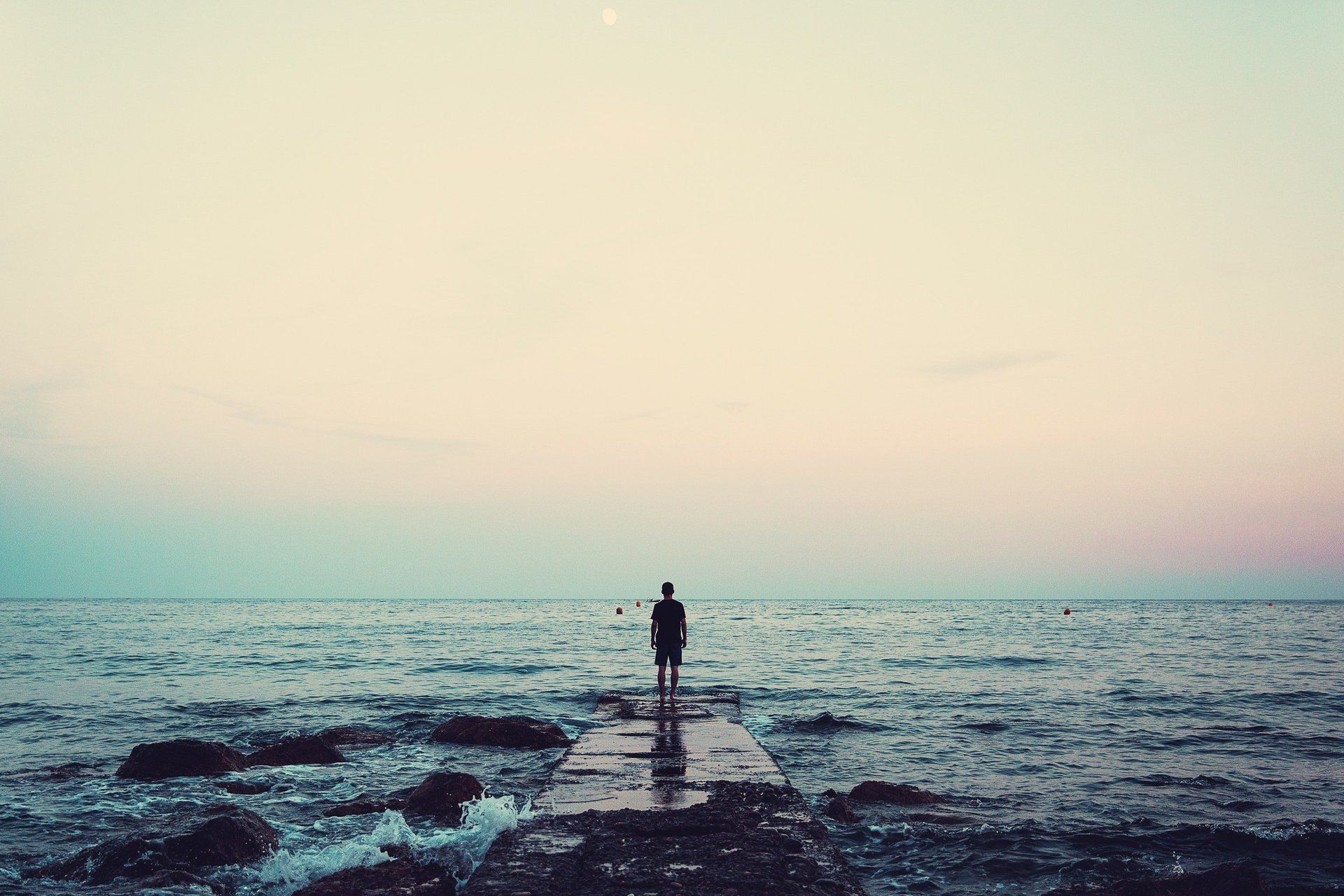“Trees are poems that the earth writes upon the sky.”
- By Pip Horlock
- •
- 03 Oct, 2019
- •
Celebrating National Poetry Day
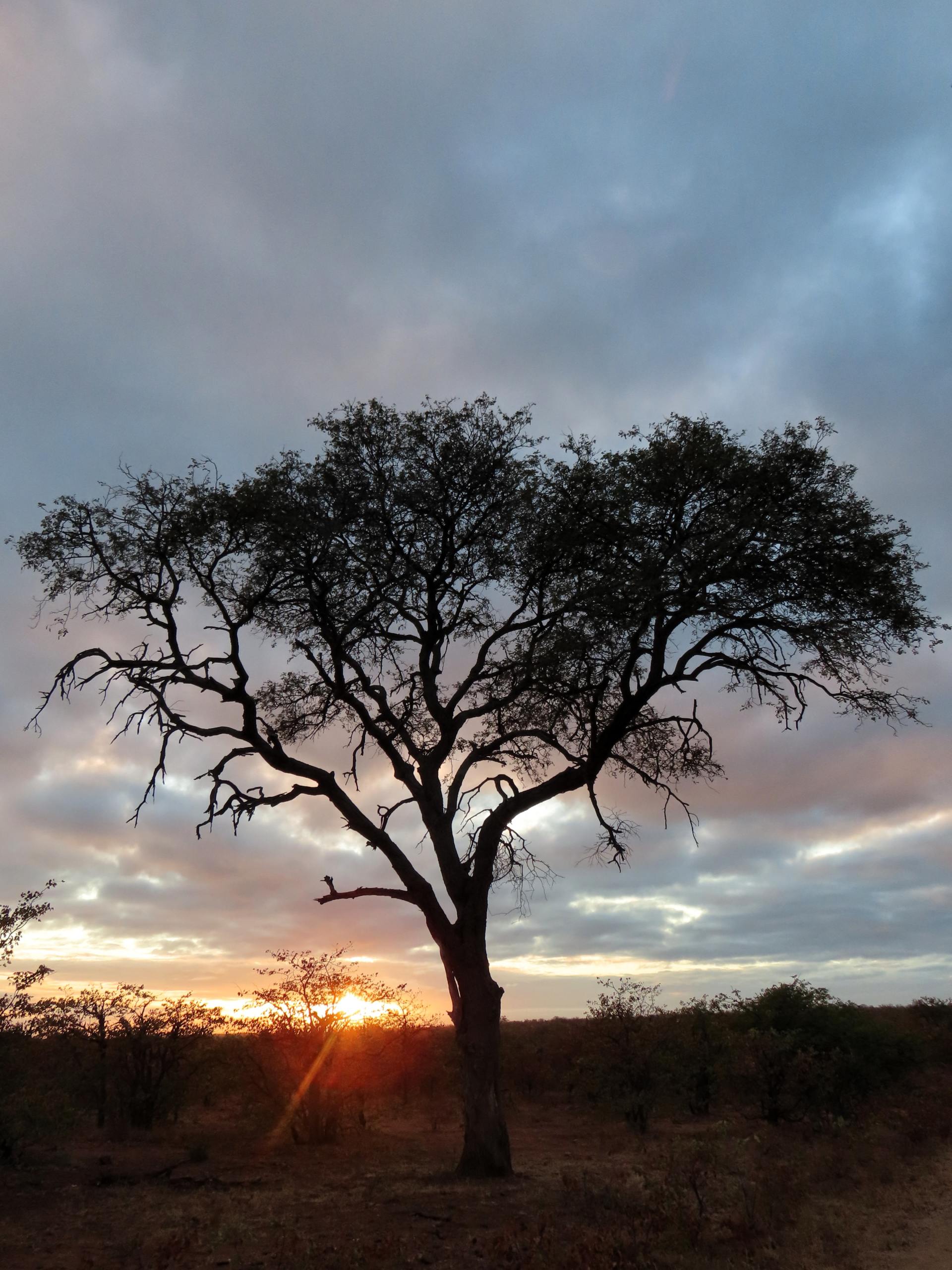
I have always said that sport has been one of my most valuable teachers, but as I have grown older, another wonderful teacher has emerged - trees. Trees don’t preach or shout and can easily be taken for granted, but if we take the time to notice them, we are reminded to stand tall and be still! Be still!
In honour of national poetry day, I want to share one of my favourites from the brilliant Herman Hesse.
The tree rustles in the evening, when we stand uneasy before our own childish thoughts: Trees have long thoughts, long breathing and restful, just as they have longer lives than ours. They are wiser than we are, as long as we do not listen to them. But when we have learned how to listen to trees, then the brevity and the quickness and the childlike hastiness of our thoughts achieve an incomparable joy. Whoever has learned how to listen to trees no longer wants to be a tree. He wants to be nothing except what he is. That is home. That is happiness.
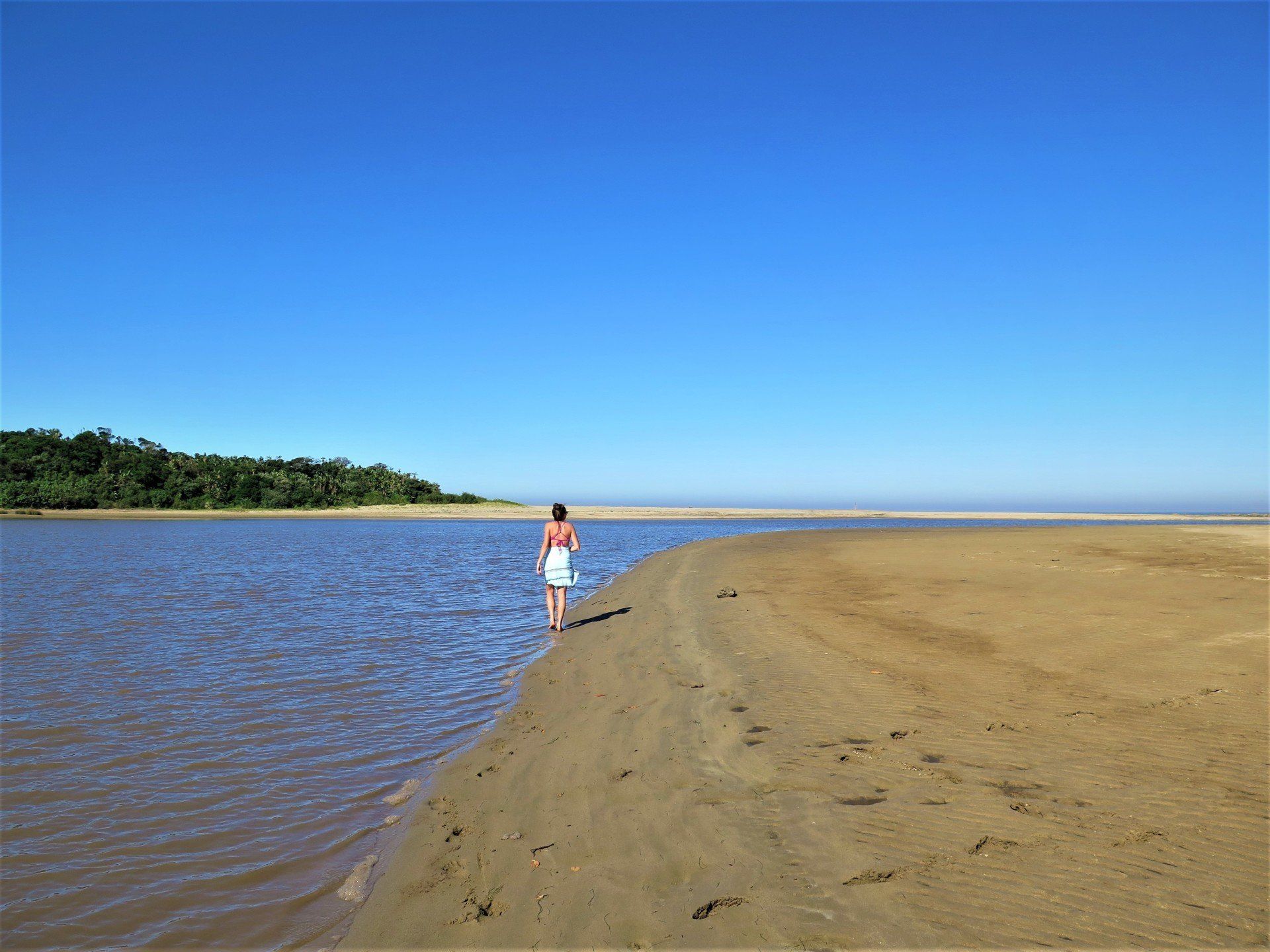
There is beauty in simplicity , but never has this common phrase been truer to my experience. I have come to recognise that I crave a simple life. It is something which I usually try to pursue, but lately due to circumstances, simplicity has ensued, and I could not be more grateful.
For the past few months, my life has been reduced to the simple things; slowing down to notice and enjoy the beauty in nature, intentional connection with loved ones, looking out for others, and surviving on necessities only. What I have learnt, is that with a much simpler life, I have the time to see myself and the world differently. The principle benefit is that simplicity provides conditions that are more conducive to a life of contemplation, reflection and meaning, all of which are necessary to increase our awareness and enhance our life experience.
You would have heard the advice to simply be yourself . That is because trying to be someone or something else is difficult and complicated, and at best we can only ever be a second-rate version of someone else. But, being yourself is not only better, it is also simpler. To live a simple life is to be extraordinary! That is extra, ordinary. Nothing special, just more ordinary than ordinary people. Because, as Sadhguru explains; “when you become very ordinary you become life”. You are a full expression of yourself, thriving in the energy of your own light. There is no separation, you are an extension of the natural world, and you escape the conflict of trying to be something other than who you are. Just ordinary wonder-full life.
A simple life naturally implies the disappearance of competing for more of everything. The more things you own, the more responsibilities you have, the more you need to service your ego, and the less freedom you enjoy. Simplicity frees you from competitive accomplishment; a frantic lifestyle of being consumed with the need for constant personal stimulation and satisfaction.
I certainly do not live like a peasant, but I know that I thrive on simplicity. My basic needs are comfortably met, and after that I make choices that nurture my soul rather than my ego. I know that I will not find happiness in anything outside of myself and I endure to create a life sufficiently uncomplicated and free to give me the emotional and spiritual space to engage in the activities that feed my soul.
Those who live simply, sleep soundly. Live simply, walk humbly and love genuinely.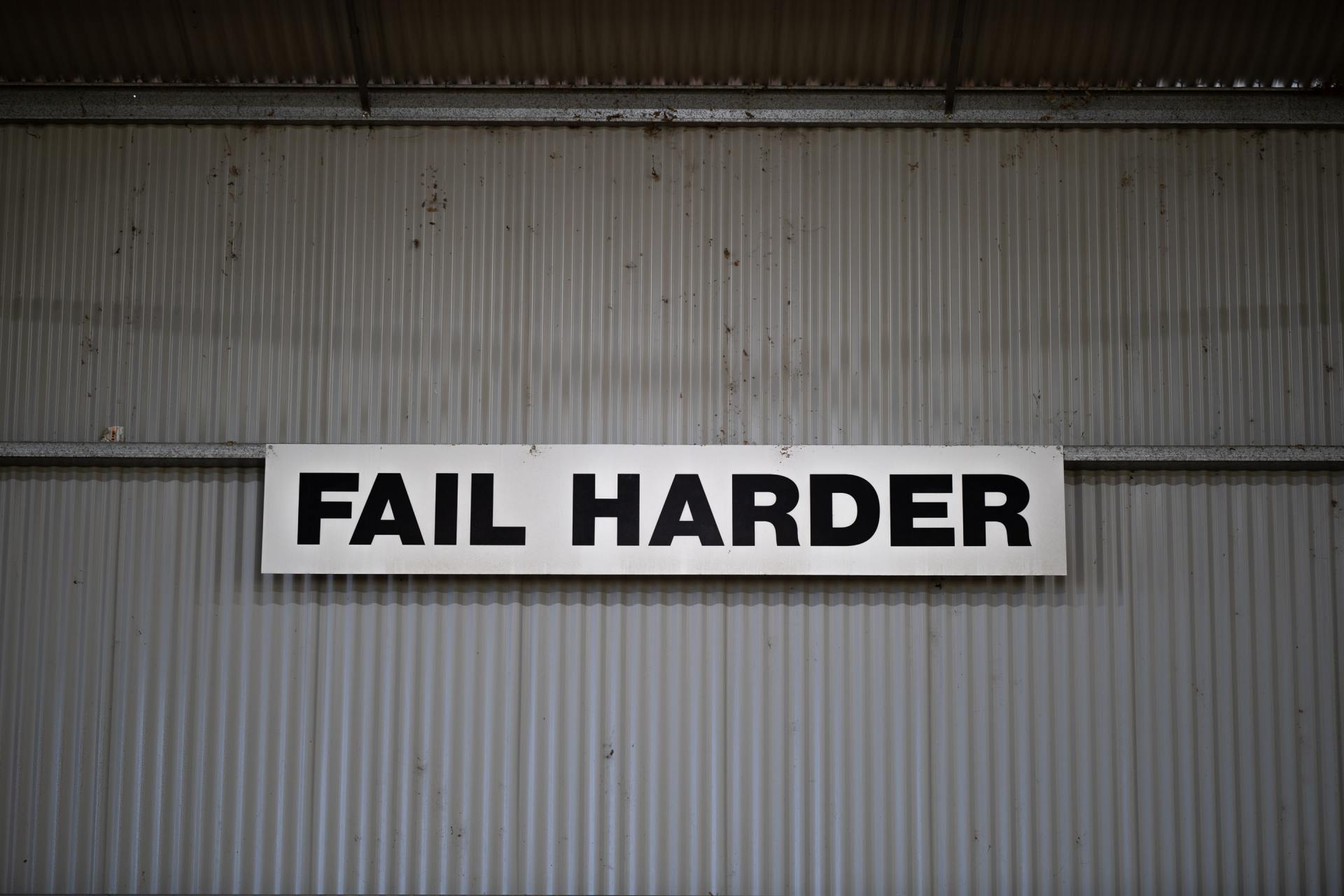
Self-awareness is a skill or practice that that I discovered through Coaching. One of the most effective ways to raise self-awareness is through reflection; reflecting on thoughts, feelings, actions, behaviours, performance, success and failure. I try to make reflection a daily practice, but as we approach mid-December, I have been reflecting on the past year and what I have learnt in 2019.
1. What you say to yourself matters. A few years ago, I started to become acutely aware of my inner voice, and this was a game changer for me. However, at times over the past year, I have allowed my mind chatter to regain power and ‘run away’ with negative thoughts, and when I am not paying attention to these dis-empowering thoughts, they become me.
The Lesson: Be careful what you say to yourself, because you are listening. Your self-talk can empower you or break you down. Be impeccable with your word, because you give life to what you give energy to.
2. Everyone wants to seek affection and avoid rejection . Human beings have a basic desire to be validated and affirmed. No matter how confident and self-assured a person might appear, they too will have doubts and will want to know ‘was I okay’.
The Lesson: Acknowledge and appreciate people wherever possible, just like you, they want to be seen.
3. Everyone has a pebble in their shoe! When people around me are moody, inconsiderate, rude or short tempered, I often have little or no patience with them. However, we all have a story, experience pain, heartache, stress, worry and have or have had something going on that others may not know about, and they will act out of this place of pain and hurt.
The Lesson: Be gently, be kind and show compassion rather than judging and criticising.
4. If you want to be beautiful, find something that you are passionate about and follow it with your whole heart. There is no person more beautiful than one who is living authentically in pursuit of what makes them come alive. I see this in the clients I coach, the children I teach and in the colleagues I work with, and I see it in myself. When I am not in alignment with my true self, I do not like what I see in the mirror.
The Lesson: Stop being a discount version of yourself where you cover up or make excuses for your quirks or vulnerabilities. Allow yourself to be beautiful and all the rest will follow.
5. You are what you repeatedly do . I started a new role this year, and I wanted to do a good job and make a positive impression. I am still trying to do this. When I started, I naturally set a few goals for myself, but I feel that success or failure of these tasks have not defined my reputation. Because, I believe that you do not rise to the level of your ambitions but fall to the level of your systems.
The Lesson: Consistency is key so having a good reputation comes from repeated acts of credibility. How you do anything is how you do everything.
6. Never underestimate your impact. We are all mobile balls of cosmic energy, and we carry this aura with us wherever we go. Whether we like it or not, this energy can and will be felt by those around us. This is powerful, because it means that our presence alone can positively or negatively impact the space and the people around us.
The Lesson: Take responsibility for the energy you bring to a situation.
7. Suffering is a part of life. I have spent far too much time, this year and in the past, in a desperate attempt to completely eradicate suffering, thinking that happiness will come when suffering is gone. However, the Buddha said, “life is suffering”, and he did not mean that life was miserable, but that suffering is a part of life and we should expect and accept it.
The Lesson: I have realised that once we fully accept ‘what is’, painful or not, it no longer has any power over us. Real joy is not the absence of pain, but happiness in spite of it.
8. Fear is crippling . I have been afraid of many things this year, and when I have not faced them, they have held power and control over me. This has made me miserable and fed self-doubt, and in turn the fear grows stronger.
The Lesson: Consciously and purposefully do what frightens you and makes you feel uncomfortable. Life will only change when you become more committed to your dreams than you are to your comfort zone.
9. Comparison is the thief of joy. When it comes to societies expectations of someone of my age and gender, many might call me a failure, something somewhere must have gone wrong. My ego is constantly reminding me of this and trying to make me feel ‘less than’. When I listen to my ego I quickly spiral into a place of feeling unworthy, my confidence and self-esteem plummets. I must consciously bring myself back to the present moment, acknowledge my journey and stay in my lane. There have been many instances where I have messed up something good, by searching for something better, just to end up with something worse.
The Lesson: My competition isn’t other people or societies expectations of me. My competition is myself, the person I am now and the person I want to be.
10. Regret is a wasted emotion. There are many things that I might want to regret this year. But regret leads me to focus on loss and negativity, and without those experiences I would not be where I am right now.
The Lesson: Holding onto regret satisfies nothing but my ego, and as the saying goes… We only regret the chances that we did not take.

I love to travel, because for me there is no better way to raise awareness and impart new vigour to the mind. The way our brains work is that whenever it receives information, it compares this with the past and makes assumptions about the future, and then decides what the outcome will be. Sometimes, our brains skip straight to the future, no questioning or comparing, just presuming. That is the adult approach- the conditioned brain.
By travelling and exploring a new place we experience the wonder of the world; we allow ourselves to have a childlike approach where everything is new. When we are in this state, we block out all signals from the brain, because we have no pre-existing beliefs or experiences. Instead, you sit in presence and awareness, you enter the flow of the present. A present that is wonder-ful.
If you are fortunate enough to travel, use it as an opportunity to escape the autopilot of your daily life and allow yourself to arise in the present.
Happy holidays to all my teacher friends… Xx
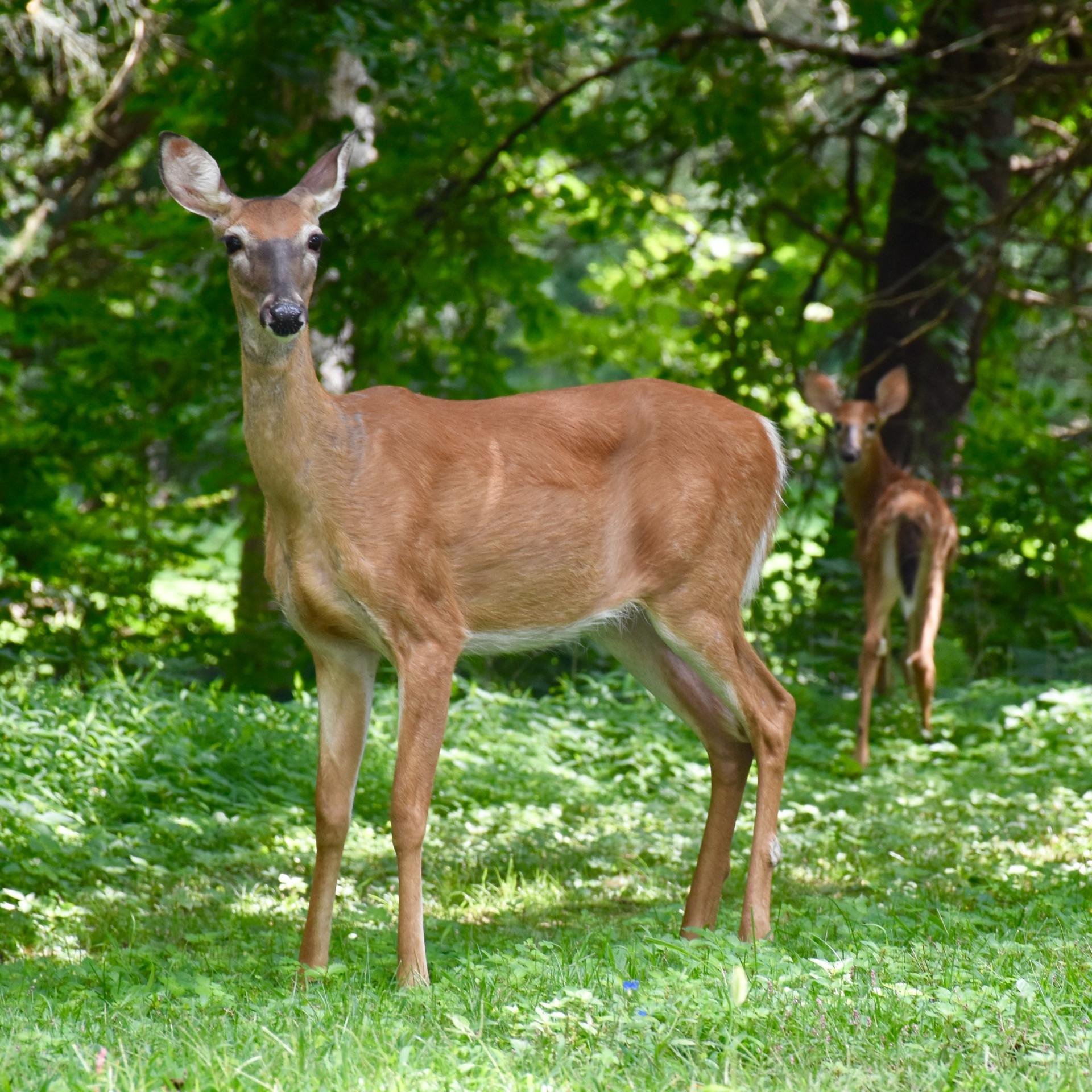
The rented house where I live has a very large overgrown and neglected back garden. When I first moved in, I considered this to be a waste of a potentially beautiful space. But, what I can now appreciate is that this overgrown garden is a natural environment and is home to an abundance of life; from birds, bees and insects, to frogs, rabbits, squirrels…. and even deer. Yes, there are three deer living in my garden, two adults and a young fawn.
In many parts of the world, seeing wildlife in your garden could be quite normal, but for someone living in a busy residential area of Oxford, this is quite special. My three deer are beautiful and every time I see them grazing peacefully, I feel as though life is giving me a hug.
Whenever I look out my window and notice the deer, I am brought back. Back to nature, back to the present moment, back to a oneness with all that is, back to a grateful happy place, back to where I feel God’s presence, because for me that is in nature.
I believe that those deer are there to teach me something – they are my daily reminder to reconnect with the natural expression of life. So, I decided to name each deer by the message that they offer - Gratitude , Acceptance and Oneness .
Gratitude : Being grateful is a daily practice, and the deer encourage me to be grateful and appreciate life’s blessings, big and small. I truly believe that it is not happy people who are thankful, but thankful people who are happy. By being grateful you focus on the positive, and therefore give less power or energy to the negative. You get what you focus on so, focus on what you are grateful for.
Acceptance : My deer are the perfect demonstration of acceptance because unlike humans, animals never let their past steal their present. The point of living isn’t to arrive at the future; it is to arise in the present. Acceptance means truly accepting ‘what is’ without any judgement or wanting it to be different. I don’t think it is possible to be happy without learning acceptance because as the popular quote goes “what screws us up most in life is the picture in our head of how it is supposed to be.”
Oneness : When I allow myself to stop and take in the moment of the deer walking through my garden, I am reminded that we are all deeply connected. We are one with the moon, stars, earth, oceans, animals… we are a vibration of energy that is life. We are human beings; a form of energy or consciousness that is ‘being’ human. And, ‘being’ must be felt it cannot be thought.
Humanity is at a critical time in its’ history, it might be the point where we realise that if we destroy our planet, we destroy ourselves. Perhaps Alan Watts was right in saying that “you and I are all as much continuous with the physical universe as a wave is continuous with the ocean,” and the sooner we learn this the better.
Now, whenever I look out at the deer, I say their names and I am reminded of the importance of gratitude, acceptance and oneness in my life. I accept that my experience of reconnecting with nature is far from the plains of Africa. But you must work with what you have, and in every possible moment ‘let nature in’.
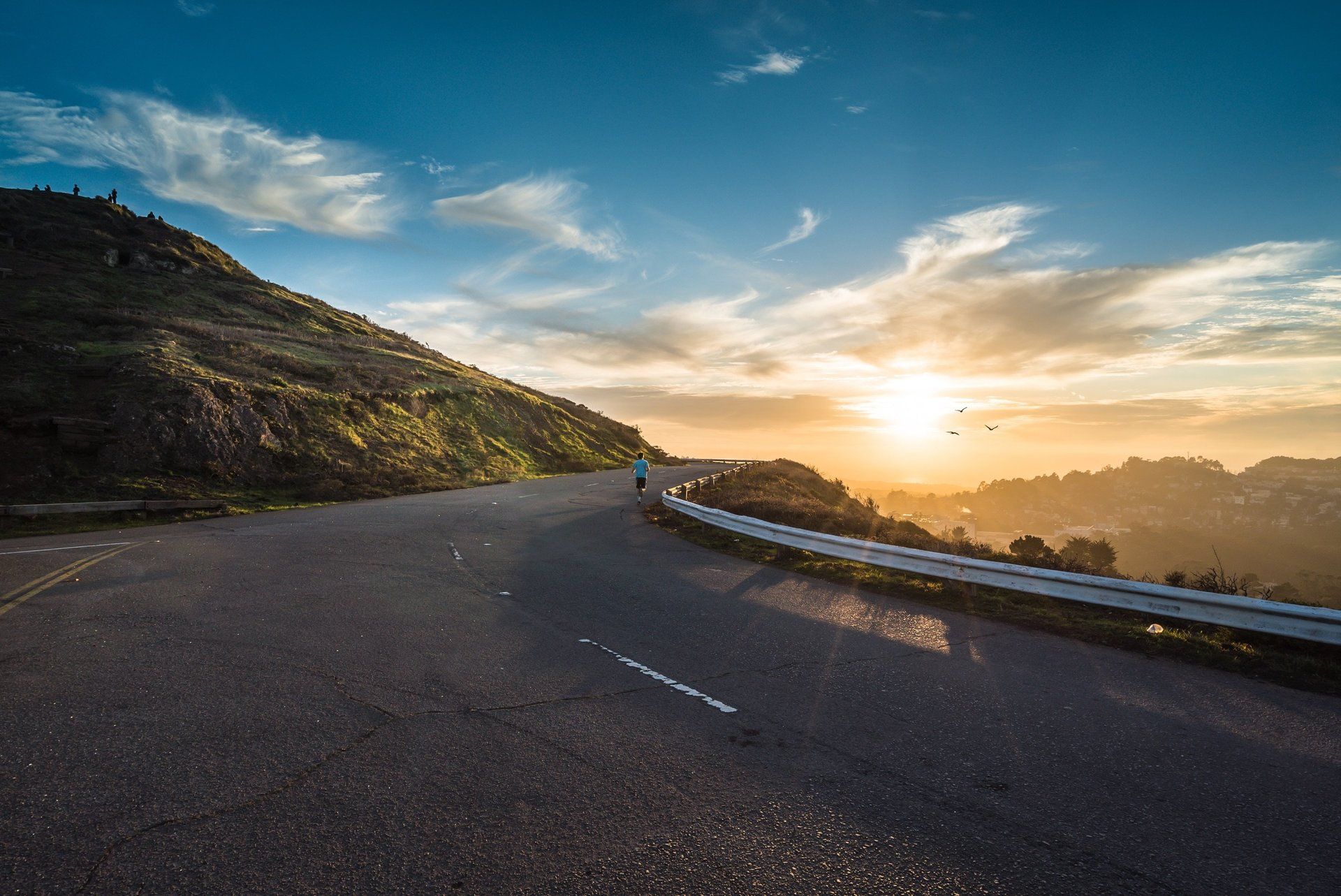
Late one afternoon this week I went for a run. This is nothing unusual or remarkable because it is something that ‘I do’. However, I live in Oxford in the UK and this particular day, like most days in January, was pretty grim outside. The sky was dark, the wind was howling, rain was falling, and the air was cold. Despite being wrapped from head to toe, including headband and gloves, my fingers felt like ice lollies within 5 min. So, as I dodged puddles and wiped water from my eyes, I asked myself over and again, why am I doing this? It was not a pleasurable experience so why did I do it, and why will I do it again the next day.
I don’t run because I ‘love it’ or because I ‘want to’, although I do occasionally have those days. Sometimes I don’t feel like running, sometimes it’s hard, sometimes it hurts, sometimes it’s cold, sometimes it’s hot, sometimes I don’t want to miss out on other things, sometimes it’s boring and repetitive, sometimes I’d rather sleep in or read a book, but every single time it is a choice and I choose to run because it makes me feel good. I like to feel good and running does that for me. Not necessarily always whilst I am doing it but always as a result of having done it! The practice of running is in alignment with how I want to feel and who I want to be.
- Every time I go
out for a run, I am casting a vote for the person I want to be. Running is a daily
demonstration of discipline, determination, sacrifice, effort, intention,
self-care and commitment to live a certain way and honour what I want to
represent.
- Through running I
am intentionally putting myself through struggle, pain, discomfort and
suffering, depending on how hard I push myself. It is my safe way of getting
comfortable with discomfort. This builds mental resilience. Running is my
metaphorical training ground for overcoming challenges, for setting and
achieving goals, for doing what I once believed was not possible. I can then
translate my learning from a physical experience to a mental or emotional
experience.
- Running provides
a regular sense of accomplishment and achievement. Despite not enjoying my run
yesterday, I felt really good afterwards, really good after a warm shower,
really good putting on warm clothes and enjoying a really good omelette! I felt
really good inside and out.
- Every time I
choose to run rather than not run, I win. And if I do that 5 times a week, I’m
doing a lot of winning, and that feels good.
- I run because I
can. I have a healthy body and I am grateful for this. Many people do not have
this privilege and I don’t know when mine will be taken from me. So why not use
it and celebrate it while I can.
- Running provides
me with me a time-out or an escape. Time to be mindful and focus on breathing
and the rhythmical pounding of my feet. Time to enjoy some fresh air and be
with nature.
- Until now I haven’t mentioned the physical health benefits, but they are extensive and running could be worth the effort for these reasons alone.
- Improved sleep
- Increased energy
- Release endorphins
- Improved digestion
- Reduced stress
- Reduced anxiety
- Strengthens heart
- Increased lung capacity
- Strengthens muscles
I run because I think that it is a good healthy habit. Good habits provide long-term benefits and delayed gratification, bad habits give only immediate gratification and often long-term regrets. Aristotle said that ‘we are what we repeatedly do’. I agree with this because our habits are our systems of behaviour and give an indication of the person we are, and we do not rise to the level of our aspirations, we fall to the level of our systems.
Running is my way…. Find your way to win and feel good every day!
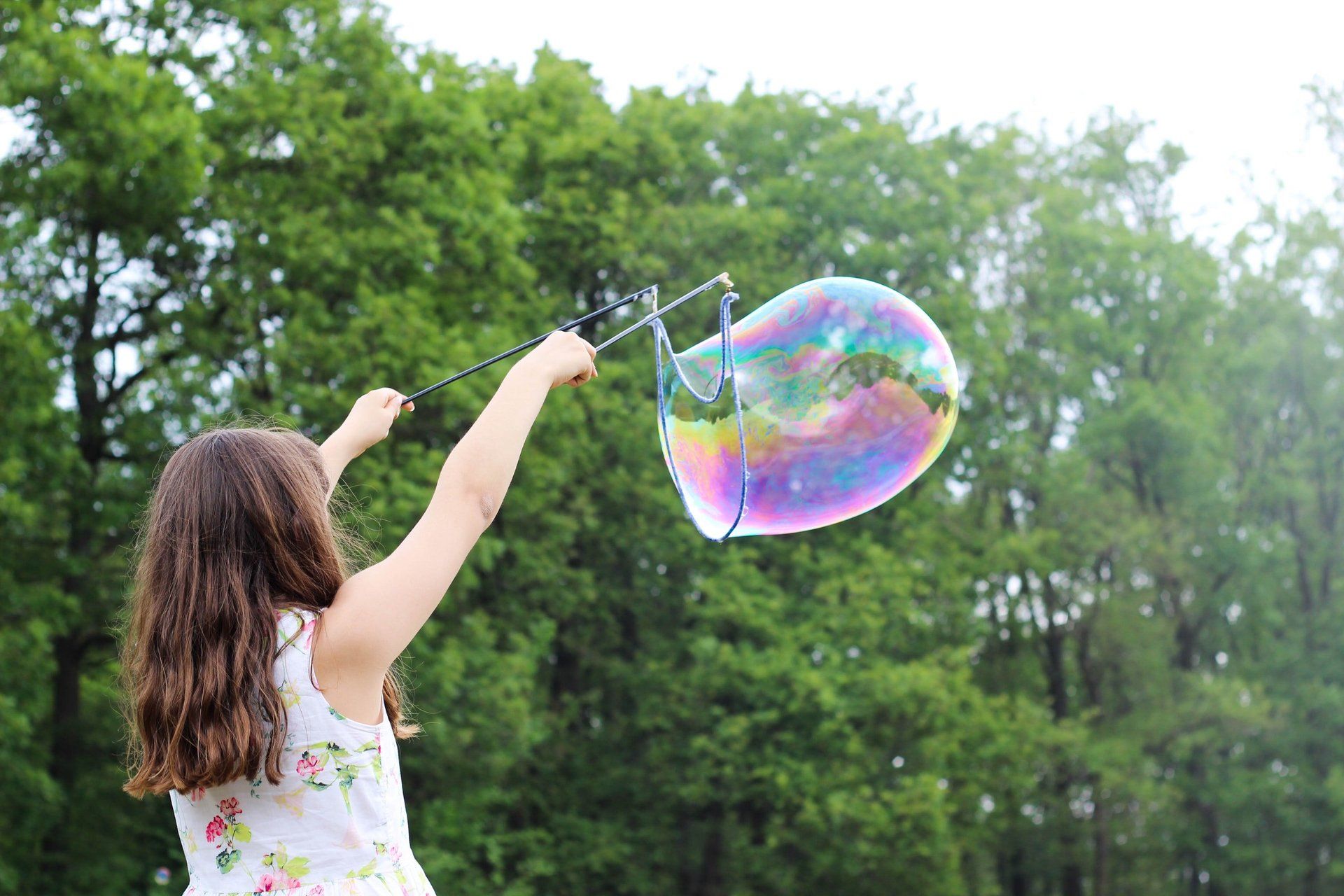
During a moment of reflection, I was considering the last 10 years of my life and how I came to be where I am in this moment. I thought about good fortunes, disappointments, failures and successes. I wondered whether, given the opportunity, I would welcome the opportunity to whisper in my ‘younger ear’ a few words of advice?
The Reverent Kate Botley put it beautifully in her Pause for Thought … ‘What would I tell my old self?’ Perhaps I could tell her what career path to follow, how to manage money or maybe which lottery numbers to choose, but more likely she probably wouldn’t listen, because there is something quite special about working it out for yourself! Through learning about themselves people change, and when they do so, they don’t become less of who they were, they become more of who they were meant to be. The greatest adventure in life is the discovery of ourselves and its victory is the wisdom and the confidence to embrace what we find when we get there. In the words of Dolly Parton ‘Find out who you are and do it on purpose!’
So my answer is no, I would not wish to alter the experiences of my younger self, because isn’t that what the journey is all about? About discovery, learning and growing into the best version of YOU!

My last blog post ( Change 31.10 ) started a discussion with a friend, and our conversation questioned the possibility of ‘change on a global scale’ rather than the type of personal change that I was referring to. Could my strategy for change be applied to the behaviour of the entire human race?
My answer was, and still is, I really don’t know! I cannot deny the desperate need for wide spread change throughout humankind. There is enough evidence of this simply by noticing the state of our planet, which is a direct result of our behaviour. So, whilst I have no solution, I can offer the best possible model of human existence. We need look no further than our oldest surviving ancestors… The Bushmen.
I was fortunate and privileged to spend time last year with my Dad and a Bushman clan in the Kalahari region of Botswana. This was both a humbling and joyous experience, because these people have so much to teach modern man about what it is to be human. What I learnt during that time and since then comes from my observations, direct teaching from the Bushmen elders and from my Dads insights and research into this incredible culture.
Bushmen identify themselves not by what they do or, what they have but, by who they are. They developed an egalitarian way of life where men, women, children, plants and animals were considered equals. Power was thus considered to be an evil and associated with Khwemkjima’a (man-not-is), or inhuman behaviour. They subscribe to a belief in the ‘ oneness ’ of the universe in which all life in the universe is connected and where ‘ what happens to one affects all’. Bushmen were strongly connected to the inner self, community and the natural world. Being mindful in the absence of ego allowed them time for true reflection and discovery of the inner self.
Our modern education system promotes the identification and hero-worshipping of individuals. In contrast, the Bushmen focus on the development of stable communities where there is social cohesion. We have deviated from that of indigenous people by elevating the importance of man-made laws above the laws of nature and universal laws. The failure to accept that “nature knows best” is likely to be the greatest contributor to our demise. The products of the modern education system measure success by status and material accumulations, a mindset which fuels the economic model of consumerism and the enrichment of a small minority.
A major contribution to Bushmen wellbeing and happiness was the relative ‘ absence of fear’ they enjoyed until the arrival of the Bantu tribes and Europeans in Southern Africa. The Bushmen explain that until then, fear was an unknown as they did not fear their natural world and had no need to fear their fellow man. From the onset of the Neolithic period and the emergence of a patriarchal society we have used fear to exploit our fellow man, be it through politics, religion or fear mongering by corporates, the result is a modern society ruled by fear and suffering from the resultant stresses.
The Bushmen invented neither the wheel nor gunpowder nor did they accumulate worldly possessions. But, neither did they declare war on their fellow man, spoil our waters, pollute our air or bring countless other life forms to the edge of extinction. Instead, they thrived as a culture who lived in harmony with nature. They are one of the happiest and most successful societies in history, and their achievements are more than just coincidence but as a result of spiritual, physical and emotional behavioural patterns incorporated into their culture.
It is impossible to turn back the clock but not too late to humble ourselves and learn something from these remarkable people. Change is inevitable and in the case of our future, it is necessary, but we could do a lot worse than to consider the Bushmen’s philosophies for survival.

One
of the roles of a Coach is to support and enable positive change in peoples’
lives. One might wish
to change their attitude, moods, energy, shape, confidence, job, career etc. This
conversation starts by the Coach asking the client to ‘consider the possibility
that things could be different’. Sometimes this is almost impossible to even
consider so, why is change so difficult?
One of the main reasons, I think, is because we want to change something in a week that was created in years!! A common example would be diet or eating habits; we cannot simply become a healthy eater in one week when we have had a poor diet for 10 or 20 years. This is because over time old practices and behaviours become deeply ingrained. In fact, our brains even develop neural pathways that support this old behaviour. Any desired change needs to be learned and practiced in the same way that the old ways were developed, and that requires commitment, discipline and patience . Could it be more worthwhile to focus on these skills rather than the change itself?
I was motivated to think more deeply about change and to write this post, because of something that I read recently; it was about Process of Change , and it comes from a conversation between Howard Cutler and the Dalai Lama in The Art of Happiness .
… “ Learning is the first step in the process of change. The next step is developing conviction . Learning and education are important because they help one develop conviction of the need to change and help increase one’s commitment. This conviction to change then develops into determination . Next, one transforms determination into action – the strong determination to change enables one to make a sustained effort to implement the actual changes. This final factor of effort is critical” …
I agree with this process and I believe that change is most certainly possible however, in my opinion there are two conditions. Firstly, we need to practice commitment, discipline and patience. Secondly, change can only to come from the individual; the only lasting and effective change must be developed by oneself for oneself.
PS. I hope this last comment has not just put me out of a job!! To refer you back to the opening paragraph… “One of the roles of a Coach is to support and enable positive change in peoples’ lives” ... Let me help you to believe that change is possible😊
